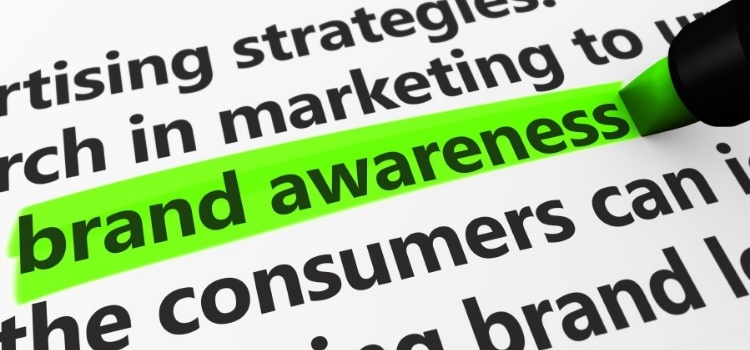Missouri Marketing Resource Blog

The Marketing Truth: Facts and Myths About Brand Awareness
 Even if you've only dabbled in the world of brand marketing, you know that there are two kinds of campaigns you can utilize: action and awareness. The first is straightforward and more a matter of finding the right audience and getting them to take action. The latter, however, can be harder to understand.
Even if you've only dabbled in the world of brand marketing, you know that there are two kinds of campaigns you can utilize: action and awareness. The first is straightforward and more a matter of finding the right audience and getting them to take action. The latter, however, can be harder to understand.
Unfortunately, that's because there are a lot of misconceptions about what brand awareness does for a business. Many don't understand that brand awareness is required to build consumer trust, and per one study, 52% of Millennials said that finding brands they can trust is important to them.
Read on as we discuss some top facts and myths surrounding brand awareness.
Myth: Creating Brand Awareness Is Expensive
Fact: Brand Awareness Can Be Accomplished on Any Budget
Recent studies show that 84% of B2B marketers made brand awareness a top goal this year. That's an awfully large majority for marketing to be considered too costly. Also, considering the fact that 62% of Millennials feel that online content drives brand loyalty, it shouldn't be a surprise that there are plenty of affordable methods to boost brand awareness.
Remember that awareness marketing campaigns aren't like action campaigns. They're intended for long-term results; in fact, you should view awareness marketing as an investment that takes time to mature. Here's how to create brand awareness with even a modest budget:
- Networking
- Partnerships
- Industry awards
- Referrals
- Personal letters
- Content marketing
- Social media content
- Social media ads
- Google AdWords / Google My Business
- SEO
Myth: Brand Awareness Doesn't Equate to Sales
Fact: People Are Willing to Pay for Products and Services Based on Perceived Value
Perceived value refers to what customers feel a product is worth. The phenomenon is well-studied by economists, and a combination of perceived value and brand satisfaction leads to a customer's willingness to pay a higher price. In fact, something that takes very little to produce can be perceived as luxurious, so customers are willing to pay an extravagant price. The inverse, of course, can also be true.
Consider the fact that one of the most important drivers of brand loyalty for Millennials is brand recognition and trust at a solid 69%, second only to a good product (77%). Furthermore, 52% will choose quality over price every time. What defines quality and engenders trust? Millennials also want brands to be innovative (80%), philanthropic or reflective of other strong beliefs (63%), and unique as well as exclusive (74% and 54% respectively).
These intangible concepts are defined by the customer themselves. Brand awareness is how you reach the customer where they are and interact with those definitions.
Myth: Brand Awareness Campaigns Offer Immediate Results
Fact: Brand Awareness Is Something That's Developed Over Time
Customers need to be exposed to your brand consistently and frequently in a number of different ways. We can't reiterate enough that awareness campaigns do not function, and cannot be measured for success, in the same way that action campaigns are. The latter has firm goals (usually sales totals or a number of leads) that are either met or not within a definite time frame, whereas an awareness campaign is about building a relationship with the consumer.
It's important to have realistic expectations about what you're trying to achieve. It takes creativity, testing, course correcting, and more testing. Community needs to be built and trust needs to be earned. You will need to be patient with this investment and watch the aggregate results of campaigns over a long period of time. The good news is, the results are worth it. Fully engaged brand ambassadors deliver a 23% premium in their share of profitability and revenue.
Myth: It's Too Difficult to Create Brand Awareness for a New Business
Fact: While it may take a bit of time to do — and even longer to see the results — the investment of both time and money is neither too difficult nor too costly
Remember: Brand awareness is the "buzz" around your product or services. What's more, marketing for your brand and not just your products and services is essential. While in-store discovery is possible, most of the time customers need to know about a product to look for it, and that's only discussing retail. Nielsen shows that creative execution, showing emotional context, is imperative to making your brand message engaging and persuasive. It's about connecting with your customers. The rewards can most certainly outweigh the costs!
Now that you've seen the way these facts and myths about brand awareness breakdown, you should take another look at your brand marketing strategy. Creating brand awareness takes time and dedication, but this is your business — it (and you) deserve the boost in visibility.

